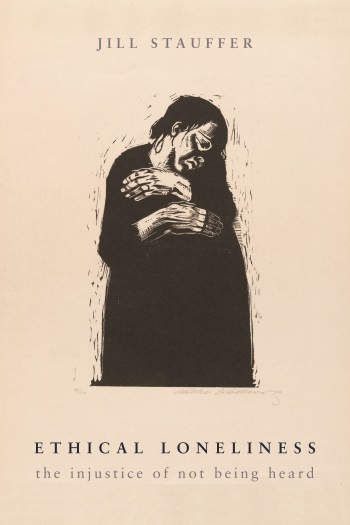More on Political Theology by Paul Kahn at The Immanent Frame
Let’s check in with The Immanent Frame today to see how the roundtable discussion about Paul Kahn’s new book, Political Theology: Four New Chapters on the Concept of Sovereignty is going. Since we last looked at the debate three new posts have gone up:
Mirror, Mirror on the Wall by Gil Anidjar, which delves into the idea that
Political theology provides “a kind of mirror image of the political theory of liberalism.”
The Perspective of the Common by Bruno Gulli, dissects Kahn’s writing about sovereignty.
and
The Geopolitical Imperative? By Anders Stephanson explores American vs. European conception of sovereignty
To whet your appetite here is the introduction to Gil Anidjar’s essay:
Political theology, Paul Kahn tells us, following Carl Schmitt, provides “a kind of mirror image of the political theory of liberalism.” It is the mirror liberalism should be holding up to itself. For where liberalism sees reason, law, and contract, political theology recalls it to its true ground in will, sovereignty, and sacrifice. Political theology reveals the limits of the state as the rule of law, the liberal failure to subject will to reason and the political to the juridical (“political theology as a form of inquiry begins where law ends,” as Kahn puts it). Put in a global perspective, this means that whereas liberalism stands for soft cosmopolitanism and commerce (we are the world), political theology pushes for borders and for enemies (we are ruled by repressed desires, often construed as external threats).
After the manner of psychoanalysis, political theology reflects the larger, darker, contours that liberalism—the discourse of the modern nation-state—fails to see or imagine for itself. For, “just as Freud argued that the modern idea of the individual as a self-determining, rational agent mistakes a normative theory for the reality of lived experience, Schmitt argued that the modern, liberal understanding of the state mistakes a normative theory for the phenomenon of political experience.” In this new version, the mirror stage deals a double whammy. Ego recognizes itself, no doubt, but it also has to integrate a vastly broader field of meaning. We, citizens of the nation-state, may think ourselves children of the Enlightenment, but our inheritance is ultimately larger; it reaches back further—to Christianity. “This is Christianity not as source of religious doctrine,” Kahn pointedly clarifies in an earlier work, Putting Liberalism in its Place, “but as a form of understanding of self and community.”


